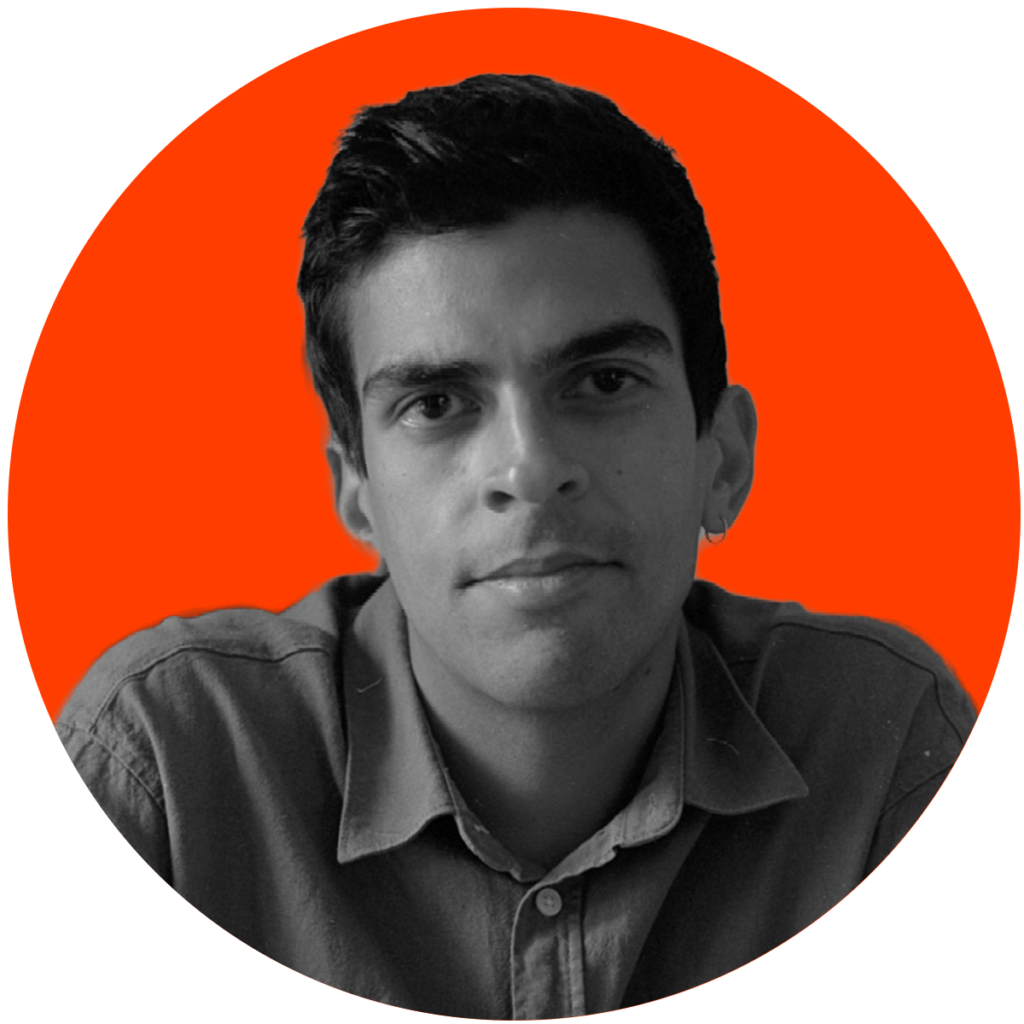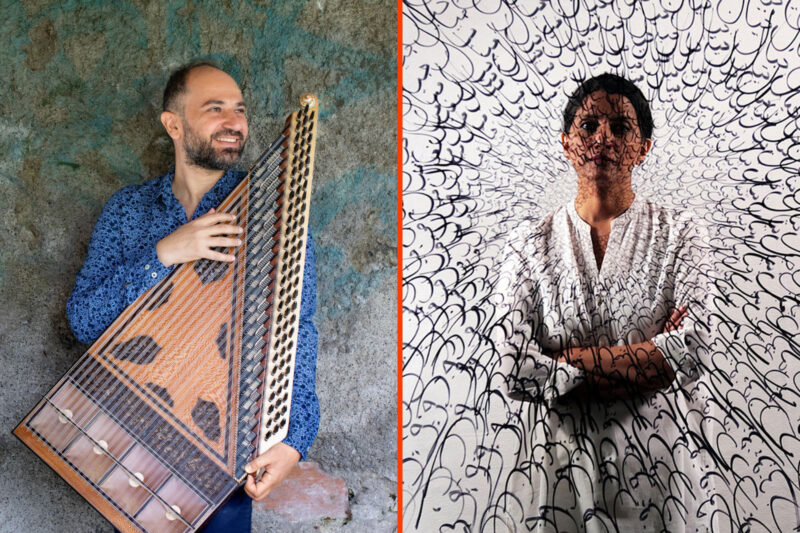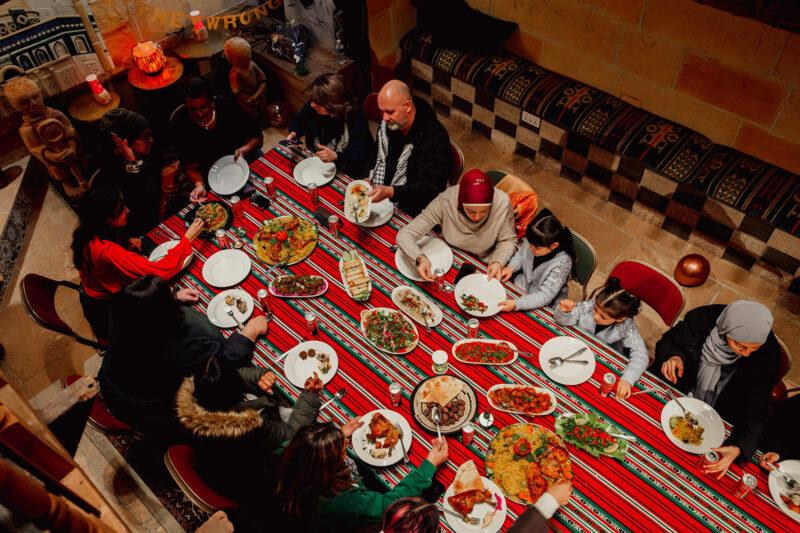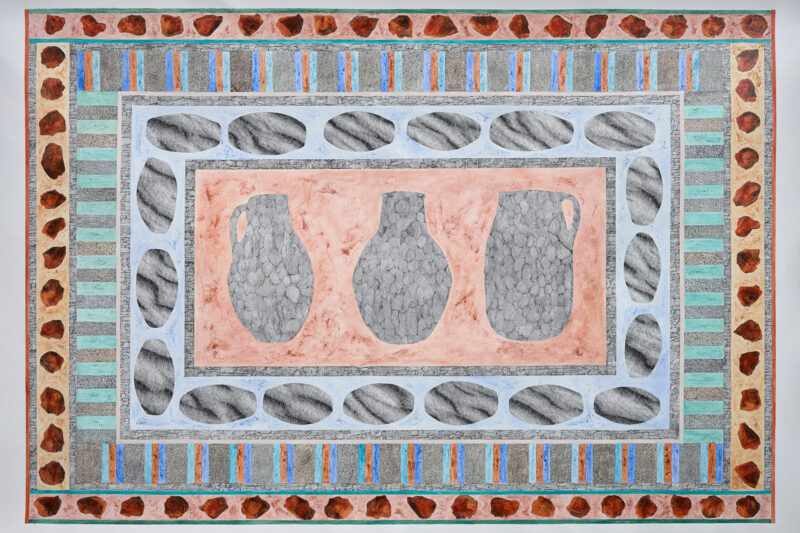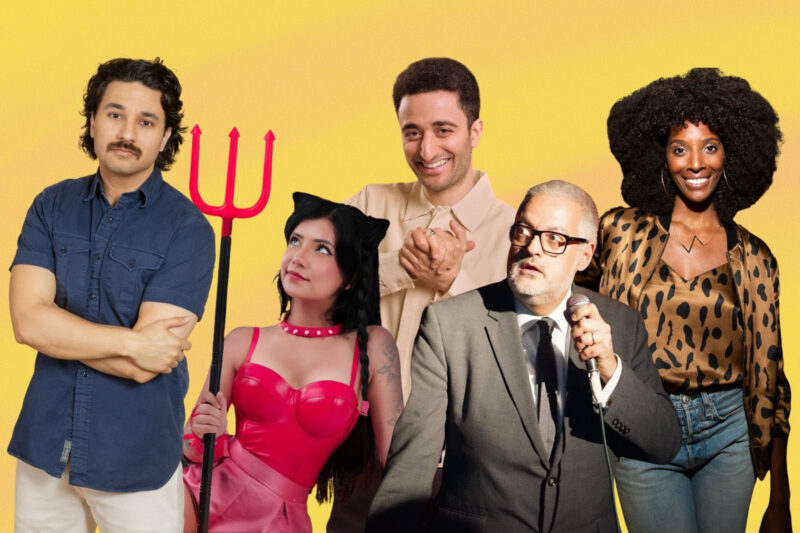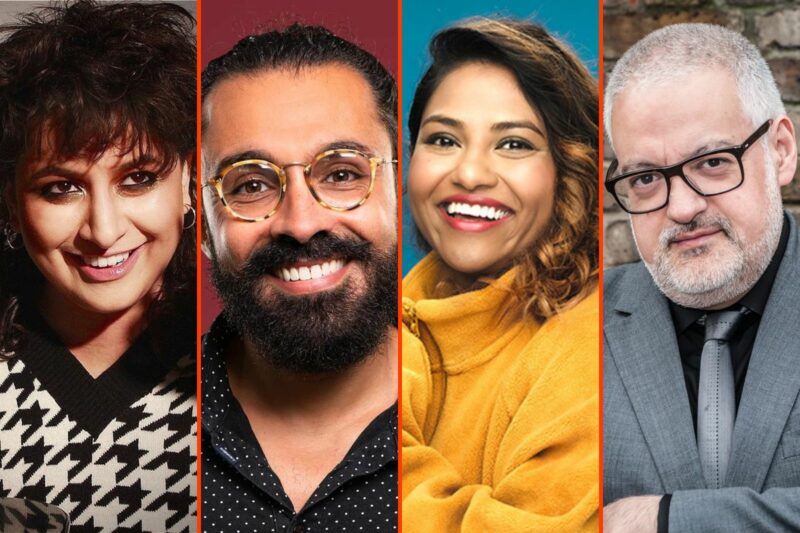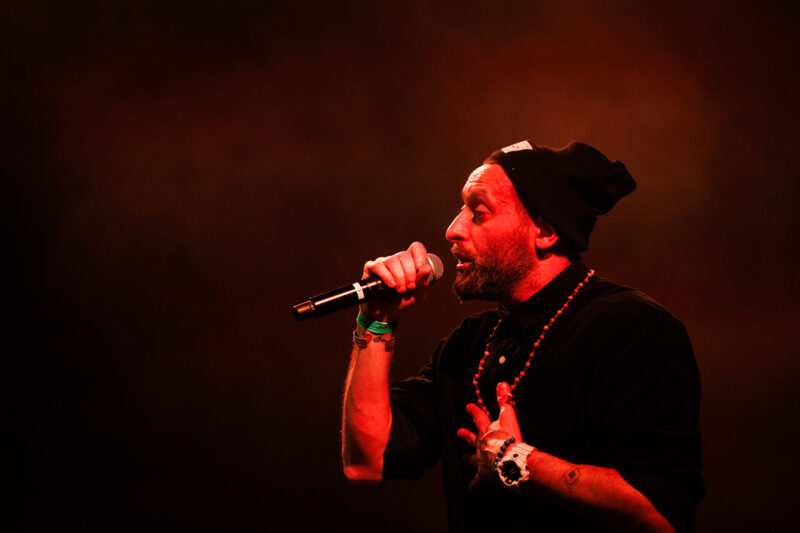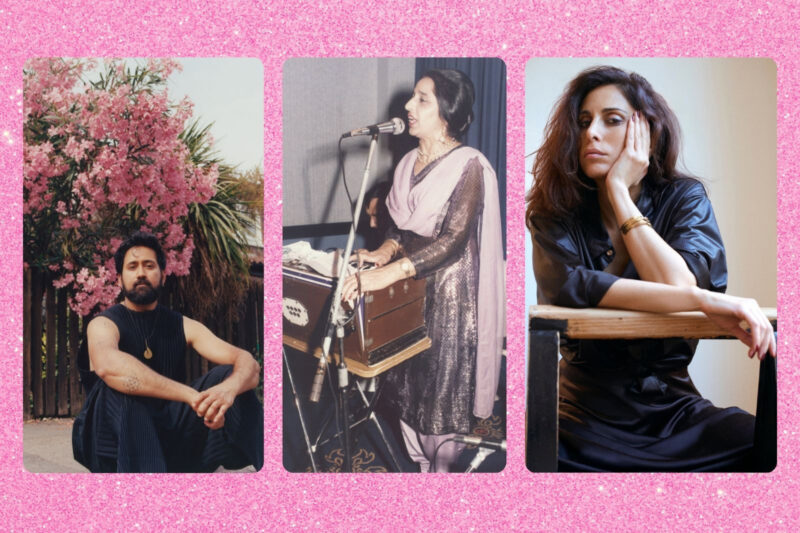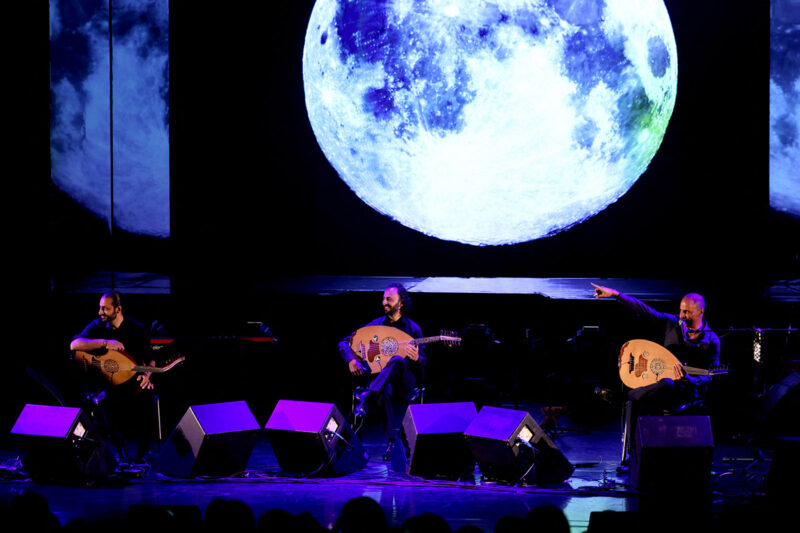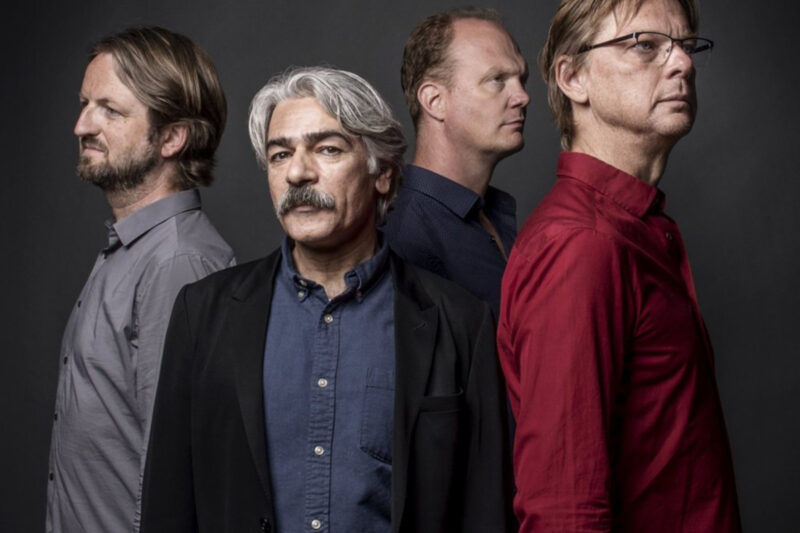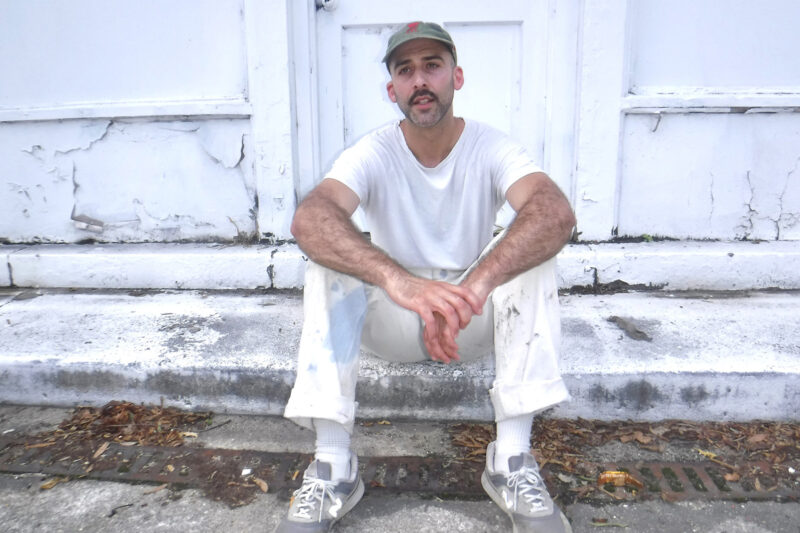‘People in the Arab world don’t know that they have classical music of their own’
Oud player, academic and archivist Mustafa Said on his mission to preserve and revitalise a rich cultural legacy
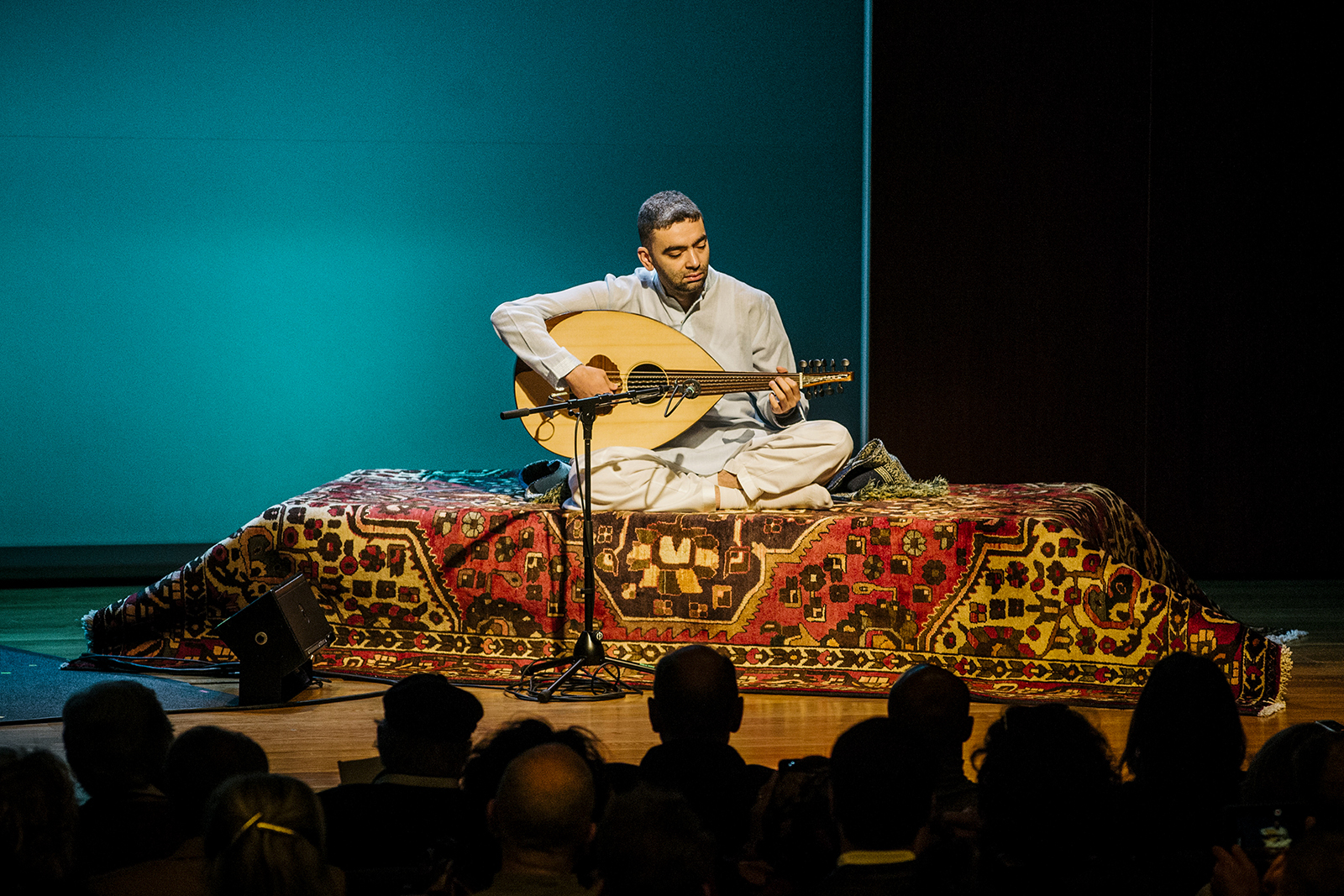
“If you ask people from the Arab world about classical music, the first thing that will come to their minds is Mozart, Beethoven and Bach,” says Mustafa Said. “They don’t know that they have classical music of their own. It’s a heritage that is disappearing.”
Over the past 20 years, the oud player, composer and musicologist has strived to preserve this rich, but under-recognised strand of music. In contrast to the western standard of 12-tone composition, the Arabian repertoire is based on the maqam system, which uses microtones and modal melodies and is taught through a largely practical and oral tradition.
Among the best-known examples of maqam music is the body of work produced by Egyptian singer Umm Kulthum during the 1940s. Early recordings date back to the turn of the 20th century and include the singing of Abdo al-Hamuli and the oud playing of Saliba el-Katrib. Such artefacts are, however, becoming vanishingly rare.
As the former director of the AMAR Foundation for Arab Music Archiving & Research, Said, 41, has collected and digitised more than 10,000 vinyl records, wax cylinders and tape reels from the late 19th and early 20th century.
He has also brought Arabian classical music to a growing audience through concerts and lectures held in cities from Beirut to Cairo and Tokyo, and via the Rawdat al-Balabel (The Garden of Nightingales) web broadcast. Said also holds a PhD in musicology from the Holy Spirit University of Kaslik in Lebanon and works as a researcher at the Bait al Oud centre in Abu Dhabi.
“The beauty of preserving this music is that it becomes alive to new generations again,” says Said, during a call from his home in Riyadh, Saudi Arabia. “They might fall in love with it and begin imitating these sounds, just as I did when I first began playing.”
Said’s work as an archivist is inseparable from his life as an artist. He is a founding member of the Asil Ensemble, an internationally acclaimed group of 12 musicians that aims to reinterpret maqam music for the present day.
“If heritage is going to be a museum, then let it die,” Said says. “Heritage needs to be preserved so that it can be a key to new music, rather than something to study as an example of the past. That is why all my work to date has been about sharing this music to create something for today.”
Born in Cairo and registered blind, Said recalls imitating the classical singers his grandmother began to take him to hear when he was just three years old. When he started school, he learned piano and western classical music. At the age of 11, he heard a classmate playing an oud and was irresistibly drawn to the warmth of its sound.
“We were told at school that the piano was the god of music, that you had to learn it if you wanted to understand classical music,” he says. “But the oud was something entirely different, an instrument capable of producing the sounds I remembered listening to when I was younger. I began learning it immediately.”
Studying oud alongside a degree in English literature at Ain Shams University in Cairo, Said became increasingly passionate about the old Arabian music that he was starting to pick up from record stores and markets.
‘I had a phonograph and I was so happy listening to the records I was collecting. I was imitating it on my oud but that wasn’t enough. I decided I must figure out how to preserve and share it.’
In order to keep the traditions of maqam music alive and evolving, Said founded the Asil Ensemble in 2003.
“I dreamt of a new sound, something that developed the modal melodies of the Arab, Turkish, Persian and northern African music I was listening to,” he says. “I wanted to mix instruments like the viola and cello tuned to our system, alongside more unusual instruments like the tanbur and santoor.”
In 2008, the group’s debut album Ruba’eyyat El Khayyam was released, featuring the work of the 11th-century Persian poet Omar Khayyam delicately sung against a range of dextrous instrumentals. It was followed by Burda (2015), including words by the contemporary Palestinian-Egyptian poet Tamim al-Barghouti, and the free-flowing instrumentals of 2017’s Autism.
The following year, he co-founded the AMAR Foundation and began to digitise as many early recordings as he could find. By 2022, the organisation had acquired more than 7,000 records and 6,000 hours of tape. The financial backing for the project recently dried up, but Said views the work as far from complete and continues to acquire, digitise and store recordings independently.
“We didn’t have the funds to continue,” he says. “I don’t want to keep all this music on my hard drive, but we don’t have the money to build a server so people can listen for themselves. It is a tragedy.
“We can only find funding through 100-page applications for grants where we are placed in competition with other worthy causes. And if you do get the money, it only comes once. It is an awful policy that shows how little governments care about their heritage.”
Said points out that the lack of resources available for such initiatives places entire musical histories at stake. Recently, he was in Paris attempting to digitise 180 wax cylinders of early Arabian music but found that several had melted, their contents lost forever.
“It’s an urgent issue that needs addressing, otherwise this music will become inaccessible,” he says. “It’s not just an academic interest — when I play, I feel joy as people hear sounds that uplift them and bring them peace.”
For now, those live experiences are at the core of Said’s mission. On 19 August, Said will perform at The Hub as part of the 2024 Edinburgh international festival. Set to deliver a selection of new works and compositions taken from a 13th-century Arabic manuscript, Said is looking forward to introducing a whole new audience to the intricate joys of Arabian classical music.
“I always believe in people because they are open and want to listen,” he says. “They want something for their souls and that doesn’t come from loudness, it comes from work imbued with this rich history.”
Mustafa Said will be performing at the 2024 Edinburgh international festival venue The Hub on 19 August.
 Newsletter
Newsletter

